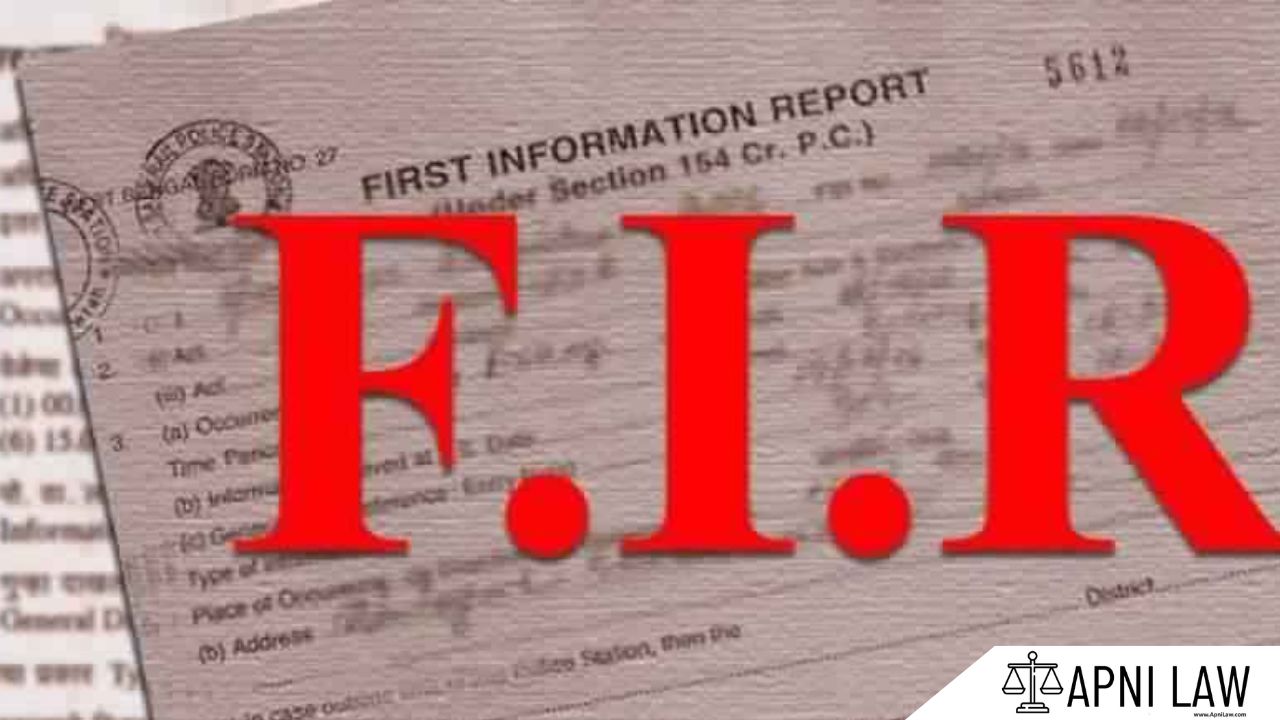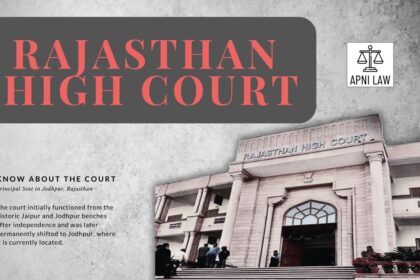To file a case under the Indian Penal Code (IPC) in India, you need to follow the steps given below:
- Approach the police: If you believe that a crime has been committed against you. The first step is to approach the police station closest to the location where the incident occurred. You can file a complaint or an FIR (First Information Report) with the police.
- Provide details: When filing a complaint or FIR, you will need to provide all relevant details. Such as your name, address, and contact information, as well as details of the incident, such as the date, time. It is important to provide as much information as possible to help the police investigate the matter.
Investigation: Indian Penal Code
- Investigation: Once the complaint is registered, the police will investigate the matter. They may collect evidence, question witnesses, and interrogate the accused.
- Charge Sheet: Based on the investigation, the police may file a charge sheet. This is a report that lists the evidence and details of the case and is submitted to the court.
- Filing of complaint in court: If you are not satisfied with the investigation by the police. If you believe that the police are not taking action, you can file a private complaint in a magistrate court. The complaint should include details of the incident, the evidence, and the name and address of the accused.
Summons
- Summons: The magistrate will issue summons to the accused to appear before the court on a specified date.
- Trial: During the trial, evidence is presented by both the prosecution and the defense. The court will hear arguments from both sides and will make a decision based on the evidence and the law.
- Verdict: After the trial, the court will deliver its verdict, which may be a conviction or an acquittal. If the accused is convicted, the court will determine the appropriate punishment.
Conclusion
Note that the process of filing a case under the IPC can vary depending on the specific crime and the location. It is important to note that the exact process for filing a case under the IPC may vary depending on the specific circumstances of the case and the court in which it is filed. It is highly recommended that you seek the advice of a lawyer before filing a case to ensure that you follow the correct legal procedures.








